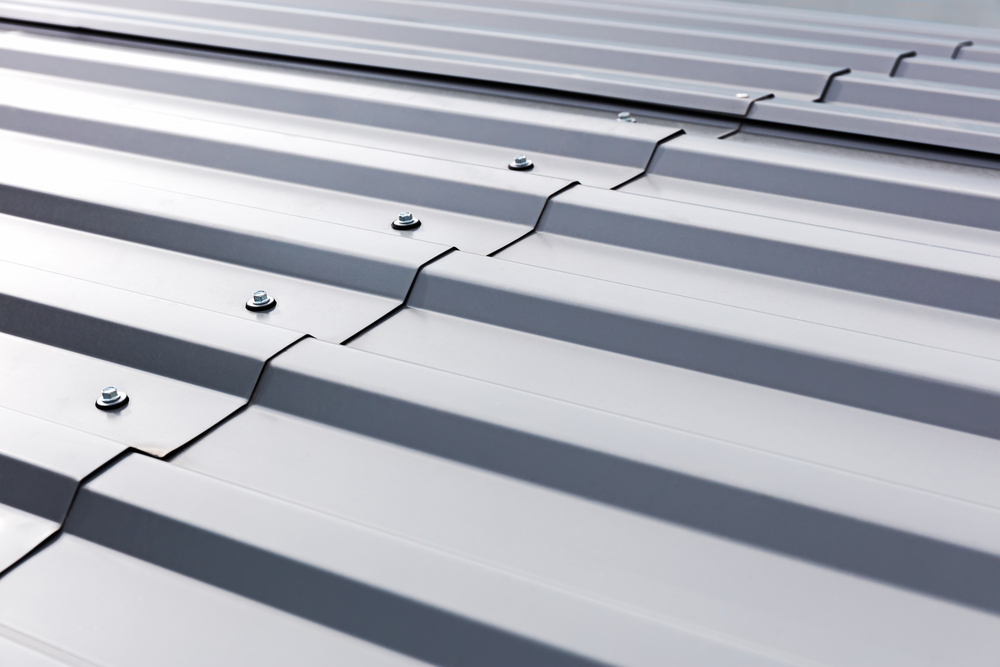
Myths about metal roofing sheet
July 04th, 2023
Category: All Blogs, Tips and tricks
Introduction:
When it comes to roofing materials, metal has gained significant popularity in recent years. Metal roofing sheets offer a plethora of benefits, including durability, energy efficiency, and aesthetic appeal. However, despite their many advantages, there are several myths and misconceptions surrounding metal roofing sheets. In this blog post, we will debunk some of the most common myths associated with metal roofing sheets, providing you with accurate information to make an informed decision for your roofing needs.
Myth 1: Metal roofs are noisy during rainstorms. One of the most widespread misconceptions about metal roofs is that they are loud and create excessive noise when it rains. However, modern metal roofing sheets are designed with soundproofing materials and insulation, which significantly reduce noise levels. In fact, metal roofs are no louder than other types of roofing materials, such as asphalt shingles.
Myth 2: Metal roofs attract lightning. Another prevalent myth is that metal roofs attract lightning, making them unsafe during thunderstorms. The truth is that metal roofing does not attract lightning strikes. Instead, metal is a non-combustible material that disperses electrical energy, making it safer than other roofing materials like wood. In the event of a lightning strike, a metal roof helps protect your home by providing a direct path for the electrical current to follow and dissipate harmlessly into the ground.
Myth 3: Metal roofs increase the risk of a fire. Some people believe that metal roofs are more prone to catching fire compared to other roofing materials. On the contrary, metal roofing sheets are among the most fire-resistant options available. They are non-combustible and have a Class A fire rating, which is the highest level of fire resistance. Metal roofs can even help prevent fires from spreading to neighbouring structures, providing an additional layer of protection.
Myth 4: Metal roofs are easily dented by hail or falling debris. While it’s true that metal can dent under extreme force, modern metal roofing sheets are designed to withstand harsh weather conditions, including hailstorms. Most metal roofs are made from durable materials like steel or aluminium, which are specifically engineered to resist denting. Additionally, metal roofs are often installed with solid sheathing and insulation layers, further enhancing their impact resistance.
Myth 5: Metal roofs are prone to rusting. Many people associate metal with rust, leading to the misconception that metal roofs are prone to rusting and corrosion. However, metal roofing sheets are typically coated with protective finishes, such as galvanized zinc or aluminium, which prevent rust formation and increase their longevity. With proper installation and regular maintenance, a metal roof can last for decades without rusting.
Myth 6: Metal roofs are expensive. While metal roofing may have a higher upfront cost compared to some other roofing materials, it offers significant long-term savings. Metal roofs are highly durable, requiring minimal repairs and replacements over their lifespan. They are also energy-efficient, reflecting sunlight and reducing cooling costs in hot climates. When considering the lifespan, energy savings, and minimal maintenance requirements, metal roofs often prove to be a cost-effective choice in the long run.
Conclusion:
By debunking these scommon myths about metal roofing sheets, it becomes evident that they are a reliable and practical choice for homeowners. Metal roofs provide exceptional durability, energy efficiency, and aesthetic appeal. Do not let misconceptions sway your decision when considering roofing options. Consult with professionals and weigh the benefits of metal roofs to make an informed choice that suits your needs, budget, and environmental considerations.
Leave a Comment
